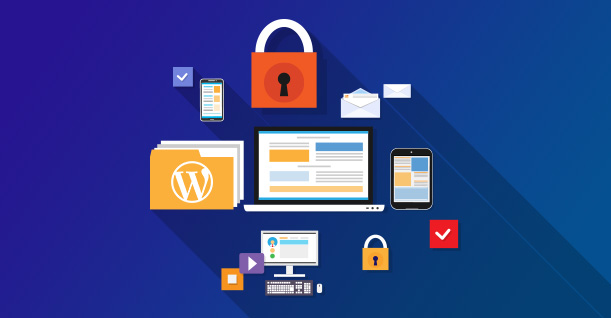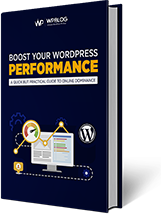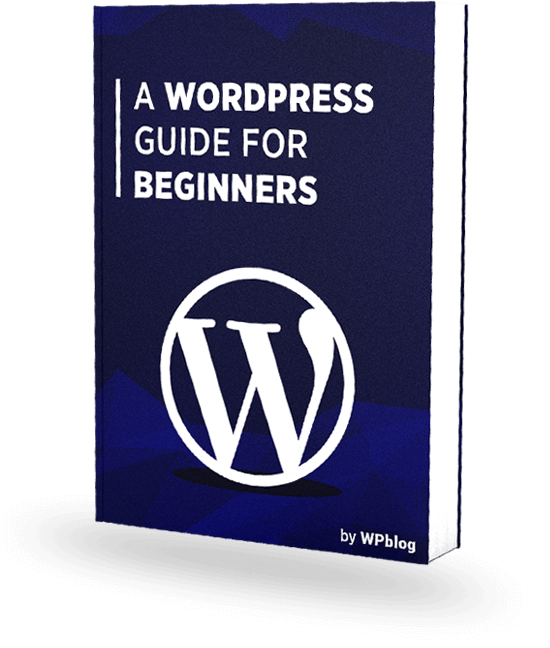Tricks to Keep your WordPress Theme and Plugin Code Secure

WordPress is the most popular website building platform, given its amazing themes and plugins that make the platform highly customizable. Users with a non-technical background prefer it, including the experienced ones due to the ease of use featured by the world acclaimed Content Management System. However, this popularity makes the platform highly vulnerable as well.
Malicious hackers are always on a lookout to creep into your WordPress site’s databases in order to either exercise their hacking expertise or just for fun. Whatever the intent, an event where your WordPress site is compromised can cost you traffic, the trust of your audience, or the entire website as a whole.
A lot of times, these hackers sweep any opportunity they have for any security shortcomings at the website’s end. The major reason for many WordPress websites getting hacked is the fault in the theme and plugin code.
So, how do you ensure that you secure these vulnerable entry points? What are the tips that can be followed so that your site’s theme and plugin code stays secure?
Let’s find out.
Themes & Plugins from Reliable Resources Only
If you are a new WordPress user and have just started setting up a blog or are in the process of setting up your own website, you must remain careful of the themes and WordPress plugins you download.
While you are looking for cheap or free alternatives of certain premium plugins/themes, make sure that you choose a reliable resource i.e. a proper theme/plugin store. Credible resources that sell these themes and plugins maintain it well, update it regularly, and hence are secure enough to keep hackers away.
To go to, the official WordPress repository, ThemeForest, CodeCanyon are some of the most popular online theme/plugin stores.
Regular Version Updates Fix Security Loopholes
You need to regularly update all the installed themes and plugins on your WordPress website along with the WordPress version. Regular updates ensure that any issues that existed in the previous version have been fixed and any security errors have been eliminated.
Declutter: Uninstall Themes & Plugins That Are No More Required
As your WordPress website grows, its evolving requirements will need you to get more plugins or maybe, even replace the existing theme. This will lead to unnecessary themes and plugins accumulating in your site’s database which will clutter up your website, affecting the site’s performance and loading speed which is crucial towards providing a great experience.
You need to make sure that you figure out the ones that you no longer need, then uninstall and delete them right away. This will save you of any instances where a residing plugin/theme is abandoned by the developer, becomes outdated and might become a hacker’s soft target.
Be Cautious with User Roles
If you have a WordPress website with many users onboard in several roles such as the Administrator, the Editor, the Author, the Contributor, and the Subscriber, you need to be watchful.
Firstly, make sure you trust the people to whom you are assigning those roles.
Secondly, you should always monitor and track any activity that takes place on your site while each of these users is logged in. To do so, you can seek help from certain WordPress plugins such as the WP Security Audit Log, User Activity Log, and Simple History.
These website logging plugins offer features to track the trail of users for any recent changes made by them within your WordPress website. These plugins notify the Admin via email when a selected user logs in and lets you track any changes made to the:
- Core Updates
- Posts and Pages
- Tags and Categories
- Taxonomies
- Comments
- Media
- Users Plugins
- Themes
- Widgets
- Menus
- Export
Eliminate the Theme/Plugin Editor Vulnerability
This is probably a step that all WordPress website owners must take care of i.e. disabling their WordPress site’s inbuilt Theme/Plugin editor. Doing so will restrict hackers from accessing your site’s files.
The vulnerability is so high at this point that hackers won’t even need to access your site’s cPanel to access the editor; they can simply inject a code.
To disable the editor, you can either choose a plugin or simply navigate to your wp-config.php file, and add the following code:
|
1 2 |
// Disallow file edit define( 'DISALLOW_FILE_EDIT', true ); |
PHP Error Reporting Can Trigger Hack Opportunities
Basically meant for giving out error messages in case a theme or a plugin malfunctions, PHP error reports are more of a risk than an asset. These error logs can be an opportunity for hackers to destroy your site’s integrity.
To keep them at bay, you can simply disable PHP error reporting. Just add the following code to your site’s wp-config file
|
1 2 |
error_reporting(0); @ini_set(‘display_errors’, 0); |
Data Validation
One of the many entry points exploited by hackers to usher enter codes into your site’s files and the database is through form entries. Since a lot of websites require visitors to fill in forms and submit certain forms, attackers use it to inject code.
Now, a viable option would be to inspect all the form entries and make sure that unwanted entries, that are capable of creating a havoc for your site’s existence are eliminated. You can use a Data Validation plugin to keep this issue under check. If you are a new WordPress user, you can read more about Data Validation, here.
Shut Doors to the Plugin Directory
Yet another way to welcome hackers into accessing any shortcomings in your site’s plugins is to let them access the plugin directory of your WordPress site. They simply need to visit www.your-domain.com/wp-content/plugins/ to initiate the attack.
So, simply restrict their access to your site’s plugin directory by uploading a blank index.html file into your root WordPress directory. You can also add Options -Indexes at the start of your .htaccess file.
Conclusion
Many WordPress websites are hacked daily and that reflects on the need of having a robust security setup for our own WordPress websites so we do not move along giving blunt opportunities to hackers who dwell on the Internet.
To maintain the integrity of your site, always track and monitor activities being carried in and around your site. Always use WordPress security plugins and with the tricks mentioned above, you will definitely be able to secure the code of your site’s themes and plugins.

Create Faster WordPress Websites!
Free eBook on WordPress Performance right in your inbox.






